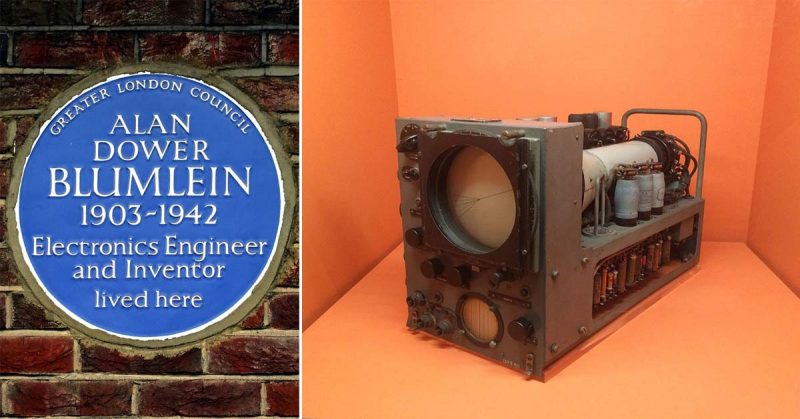Alan Dower Blumlein was killed in World War II. Because he was so important to the Allied cause, his death was kept quiet. As a result, some of his greatest accomplishments have been relatively unknown for 70 years.
The Grammy Awards this weekend helped to rectify that somewhat when they included his name in the list of 2017 special merit recipients. It’s a small reward for the man who changed the way we listen to music.
He was born in 1903 and was a natural engineer, having fixed his father’s doorbell by the time he was seven years old. He received his first class degree and began work in the research department of Columbia Graphophone (which would later become part of EMI) when he was 25.
Three years later, he became frustrated while watching film and noticing that the sound did not match what was occurring on the screen. He determined that using two microphones to record the sound would be more realistic. He called the development “binaural recordings” but today it’s known as stereo.
The first film using a stereo soundtrack was of a train that was bound from Hayes Station in Middlesex, next to EMI’s headquarters, in 1935.
During the war, the British military put his skills to use. At the time he was killed, he was working on an H2S, an airborne radar system. On June 7, 1942, the Halifax bomber he was using as a flying lab, caught fire at 15,000 feet and crashed in Welsh Bicknor, Herefordshire. All of the passengers and crew were killed in the crash.
Blumlein is about to get some more recognition, too. Like Alan Turing before him, Blumlein is getting a movie made about his life. Universal Music Group, which merged with EMI in 2012, said that they are developing an as-yet-untitled film project based on Blumlein’s life.
But Blumlein worked on more than stereo and radar. In thirteen years of working at EMI, he filed 121 patents. He pioneered the Marconi-EMI television system that was adopted by the BBC and was the basis of television until the switch to digital.
Blumlein’s son, Simon, said that the family is proud of their father receiving a Grammy, Mail Online reported.
Universal boss Sir Lucian Grainge said: ‘Alan Dower Blumlein and his prolific period of invention whilst at EMI, not only transformed audio and music recording technology but also helped shape modern media communications for generations to come through his pioneering work in television.’
